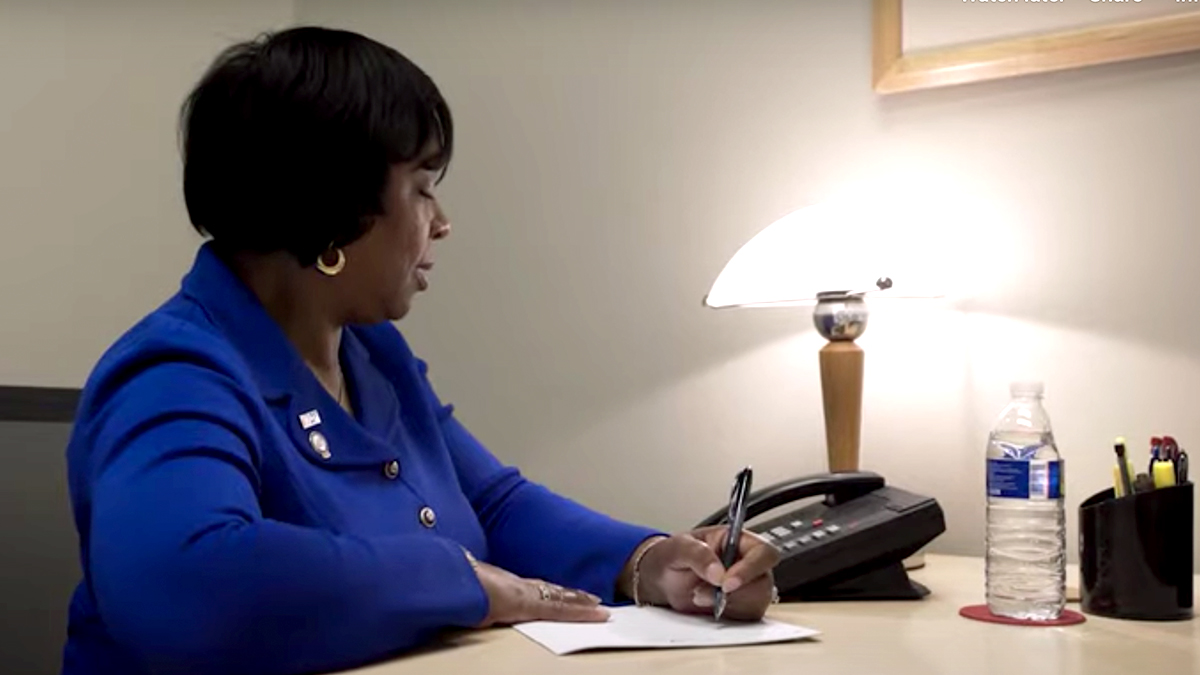It feels like yesterday when a client asked me the question “How will confidentiality be maintained between us, given the fact that my organization is paying for my coaching?”

That was over a decade ago, during an introductory call with my very first executive coaching client. Thankfully, I was able to reference ethical standards created by the International Coaching Federation (specifically the ICF Code of Ethics) and reassure him that coaching conversations are strictly confidential.
I never did thank that client for helping me recognize how important it is to ensure that everyone involved in the coaching engagement is clear about confidentiality from the onset. In fact, this conversation led to the creation of a statement that is in my Service Agreement to this day:
“Due to the nature of the coaching relationship and as instructed by the ICF Code of Ethics, all information acquired by the coach, be it through assessments, interviews or coaching conversations, will be kept strictly confidential. This information belongs to the client.”
ICF-credentialed coaches have a duty to uphold confidentiality: to not divulge any information received in the process of the coaching engagement, without client permission. Confidentiality is your right as a client. Your coach should raise this topic at the very start of the coaching engagement and make sure you clearly understand that you have total control over your information, and that you get to set the boundaries around it. When coaching takes place in the workplace, this should also be communicated to your manager so that everyone is on the same page.
Confidentiality is your right as a client.
When I first started working in organizations, I discovered that part of my role as a coach was to educate all parties involved in the coaching engagement, including those who purchased the services, about the importance of confidentiality within the client and coach relationship, while abiding by the organization’s overall goals.
As part of the coaching engagement, I include a three-way meeting with the manager where goals are shared, input and feedback from the manager are gathered and their support is enlisted in the client’s development. This is also where the matter of confidentiality is raised, and the manager is reminded that none of the information that comes out during the coaching conversations will be shared with anyone.
As a client working with an ICF-credentialed coach, you can have confidence that your coach is trained and committed to building trust and rapport with you, and know they are governed by and required to operate within a code of ethics, including “maintaining the strictest levels of confidentiality” (ICF Code of Ethics, June 2015).
Over the years, the three-way meeting has proven to be beneficial in several unexpected ways.
Securing Commitment
Let’s face it. Transformation requires effort. It requires work and investment of energy. It requires commitment.
The three-way conversation elicits an expressed commitment from the client to play their part in their development, and from their manager to support them in the process. I’m a firm believer that leaders make a promise when they say “yes” to their leadership role – a promise to empower and support their followers to fulfill their potential. Leaders quickly recognize that as the client’s effectiveness increases and performance is enhanced, it becomes a win-win for everyone.
Clear Feedback and Expectation-Setting
With the help of coaching questions, the three-way meeting often provides additional information that can support client development and outstanding issues can be clarified. This is an opportunity to get everyone on the same page and make sure that clear expectations are set. It is also an opportunity for the client to express what feedback will be helpful, and what type of support they want from their manager. Many three-way conversations have led to a manager discovering a thing or two about their own leadership style – like the time the manager realized her feedback only pointed out the client’s challenge areas and that she never gave praise, leaving the client second-guessing whether they were a good fit for their role.
Investment in Growth
Having had the chance to listen to the client’s goals and provide their input, the manager is more likely to notice new opportunities that come across their desk to support the client’s development and growth. Many clients report the three-way meeting opened up new opportunities for them, like leading projects outside of their scope of work, being seconded to new positions or nominated as departmental representatives on external committees.
In Conclusion
Essentially, as a client, you own your information. ICF-credentialed coaches are bound by a code of ethics that safeguards your confidentiality. The information is yours and yours alone. And you alone get to decide if or how you want to share it.
“The information is yours and yours alone. And you alone get to decide if or how you want to share it.”
The only exception is when conditions arise where confidentiality can no longer be maintained. This may be in instances or cases of “illegal activity, pursuant to valid court order or subpoena; imminent or likely risk of danger to self or to others” (ICF Code of Ethics, June 2015), situations I’ve yet to come across in over a decade of coaching clients.

Suzanne Ricard-Greenway, PCC, is an executive and leadership coach based out of Vancouver, British Columbia, Canada. Suzanne partners with high-performing leaders and their teams to develop critical leadership skills such as building trust, enhancing communication and navigating conflict, so that companies strengthen their cultures and achieve extraordinary results. You can learn more at srgreenway.com.
Suzanne is also featured in Judy’s Story from Season 1 of the #ExperienceCoaching video series.



